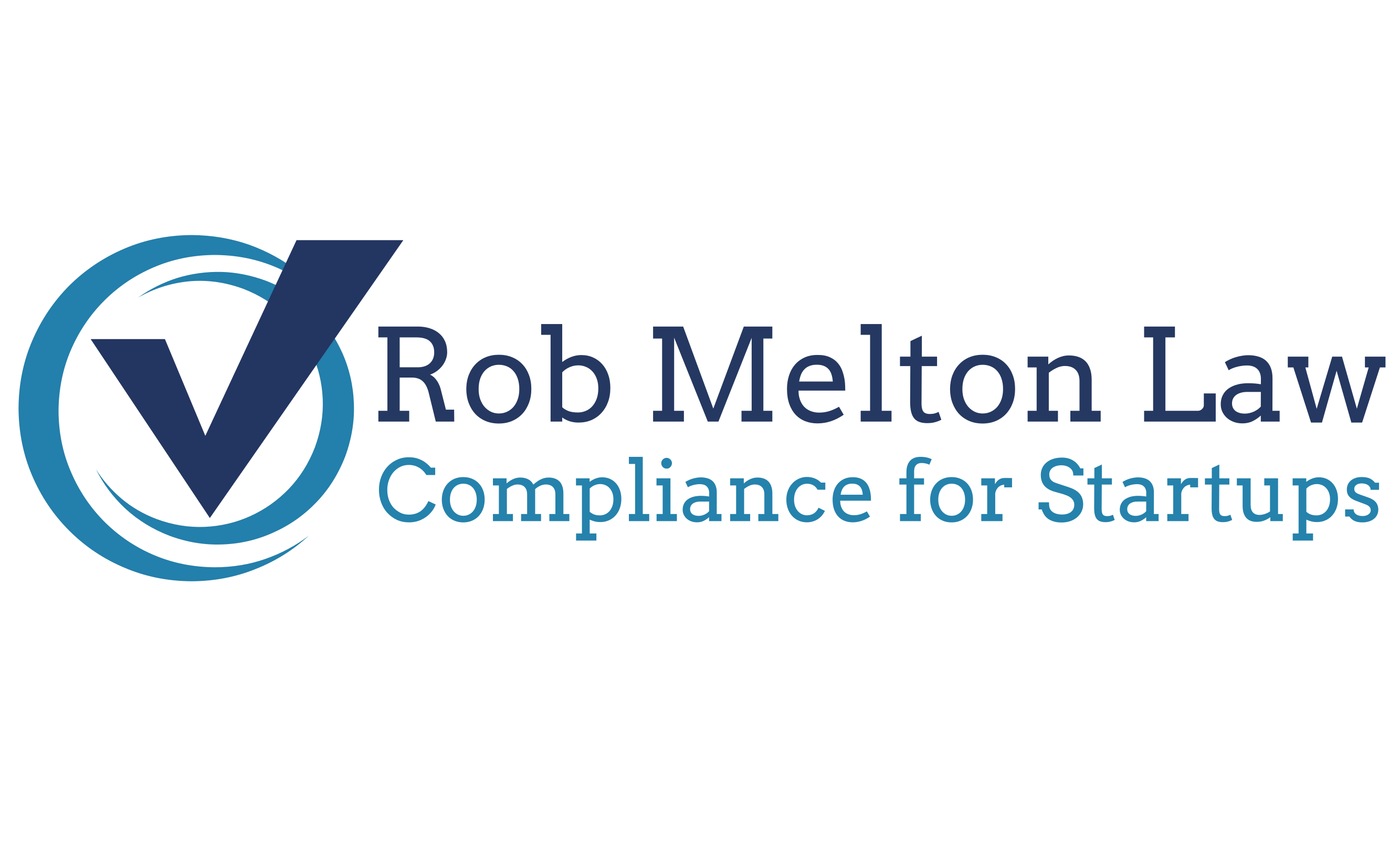Section 5 of the Federal Trade Commission Act (FTC Act) was enacted in 1914 to prohibit unfair methods of competition and unfair or deceptive acts or practices in commerce. Initially, Congress did not define “unfair methods of competition,” leaving the Federal Trade Commission (FTC) with broad discretion to interpret and enforce the provision. Over time, courts and policymakers refined its scope, aligning enforcement with antitrust principles while allowing the FTC to address harmful business practices beyond the Sherman and Clayton Acts.
State attorneys general also have a role in enforcing Unfair and Deceptive Acts and Practices (UDAP) laws, protecting consumers from fraudulent, misleading, or exploitative business practices. The equivalent state laws empower attorneys general to investigate complaints, file lawsuits, and impose penalties against companies engaging in false advertising, predatory lending, deceptive sales tactics, and other harmful conduct. Many states use UDAP statutes to hold businesses accountable, ensuring fair treatment in the marketplace. Additionally, attorneys general often collaborate on multistate investigations to address widespread consumer protection issues, such as data breaches, privacy violations, and financial scams.
Section 5 grants the FTC broad authority to regulate unfair or deceptive acts or practices across various industries, including consumer finance, advertising, data privacy, and antitrust enforcement. The FTC applies Section 5 to combat false advertising, predatory lending, deceptive sales tactics, and privacy violations, ensuring businesses adhere to fair practices. Additionally, the agency enforces UDAP provisions against financial institutions, collaborating with regulators like the FDIC to address risks in banking and lending.
The Federal Trade Commission has several enforcement remedies under Section 5 of the FTC Act. These remedies include issuing cease-and-desist orders, imposing injunctive relief, and requiring corrective advertising to prevent misleading claims. The FTC can also seek consumer redress, such as refunds or restitution, through settlements or court actions. However, a Supreme Court ruling in 2021 limited the FTC’s ability to seek monetary penalties under Section 13(b), prompting the agency to explore alternative enforcement strategies. The FTC continues to use administrative proceedings and civil litigation to enforce compliance and protect consumers from deceptive business practices.
The Federal Trade Commission (FTC) is an independent agency of the United States government . Established in 1914 under the Federal Trade Commission Act, the FTC works to prevent deceptive business practices, fraud, and anticompetitive behavior in the marketplace. The agency oversees mergers, investigates unfair trade practices, and enforces regulations to ensure a fair and competitive economy. Additionally, the FTC collaborates with other government entities and international regulators to address emerging challenges in privacy, cybersecurity, and digital commerce.

